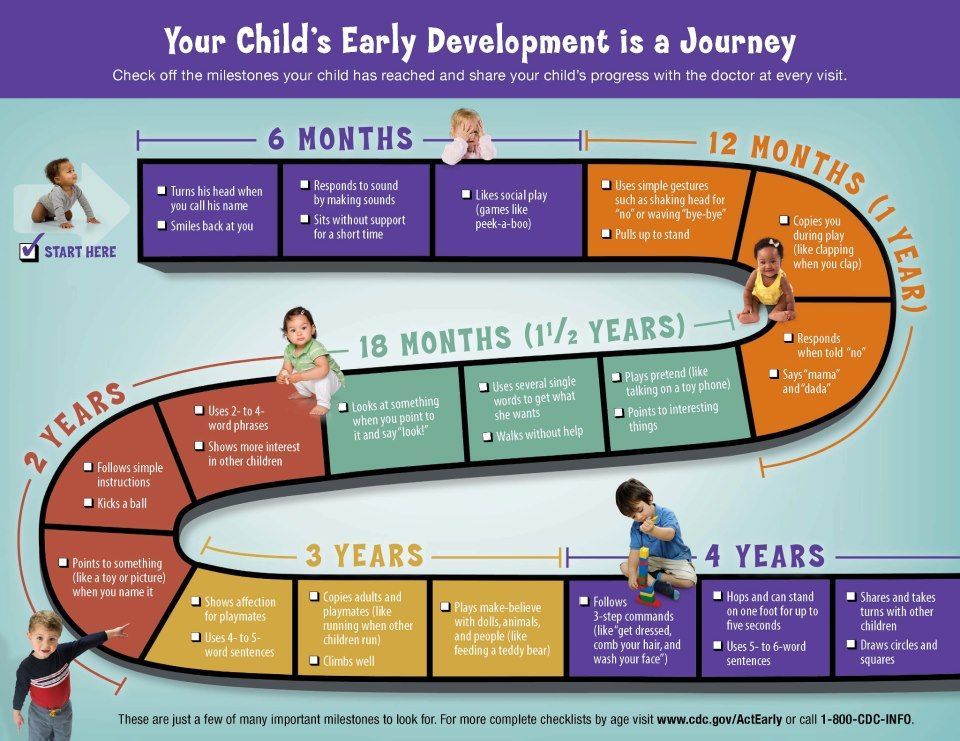Child development is a fascinating journey filled with numerous milestones. From the moment a child is born, they embark on a remarkable process of growth and development. Understanding the various stages of development can help parents, caregivers, and educators provide appropriate support and encouragement.
Infancy: Birth to 12 Months
The first year of a child’s life is filled with rapid growth and significant milestones. During this stage, infants learn to roll over, sit up, crawl, and eventually walk. They also develop language skills by babbling, making eye contact, and responding to their caregivers’ voices. Physical development is crucial during infancy, and it’s essential for babies to engage in tummy time to strengthen their neck, back, and shoulder muscles. Fine motor skills begin to develop as infants grasp objects and learn to feed themselves. Socially, infants become more aware of their surroundings and form bonds with their primary caregivers. They learn to trust and depend on the adults around them, which is crucial for their emotional development.
Toddlerhood: 1 to 3 Years
Toddlers are highly energetic and curious beings. This stage is marked by enhanced physical mobility and motor skills. Most children begin walking independently between 12 to 15 months of age. They also start to build their vocabulary and learn simple sentences. During this stage, children become more independent and assertive. They begin exploring their environment, making choices, and asserting their preferences. This newfound autonomy is crucial for their confidence and self-esteem development. Socially, toddlers learn to interact and play with their peers. They start understanding simple rules and concepts such as sharing and taking turns. Their emotional development progresses as they learn to express their feelings and develop empathy for others.
Preschool: 3 to 5 Years
Preschoolers continue to refine their physical skills and coordination. They gain more control over their fine motor skills, enabling them to draw more precisely, cut with scissors, and dress themselves independently. Language development progresses rapidly during this stage. Children expand their vocabulary, develop more elaborate speech, and engage in meaningful conversations. Cognitive skills develop further as they start understanding letters, numbers, colors, and shapes. Socially, preschoolers become more cooperative and enjoy playing in groups. They start developing friendships and learn essential social skills such as sharing, taking turns, and resolving conflicts. Their emotional awareness also improves, allowing them to express their emotions more clearly.
Early School Age: 5 to 8 Years
At this stage, children enter formal education and face new challenges and opportunities. Their physical skills continue to develop, and they become more coordinated and skilled in activities such as running, jumping, and throwing. Academically, children develop foundational skills in reading, writing, and arithmetic. Their cognitive abilities advance as they solve problems, think more abstractly, and develop a greater understanding of cause and effect. Socially, children begin to establish more complex relationships with their peers. They become more aware of societal norms and expectations and learn to work collaboratively. Emotional regulation improves, and they develop a greater sense of independence.
Pre-Adolescence: 9 to 12 Years
Pre-adolescence is characterized by significant physical changes and rapid growth. Children experience puberty-related transformations, such as the development of secondary sexual characteristics. Cognitively, children become more independent thinkers and problem-solvers. They engage in abstract thinking, understand more complex concepts, and develop strong interests and hobbies. Socially, pre-adolescents navigate the challenges of peer relationships and develop a sense of identity. They form deeper friendships and gain a greater understanding of social roles and expectations. Emotional intelligence continues to develop as they become more self-aware and empathetic.
Conclusion
Understanding child development milestones is crucial for parents, caregivers, and educators in providing appropriate support and guidance. Each stage of development brings unique challenges and opportunities for growth. By recognizing and celebrating these milestones, we can help children thrive and reach their full potential.
